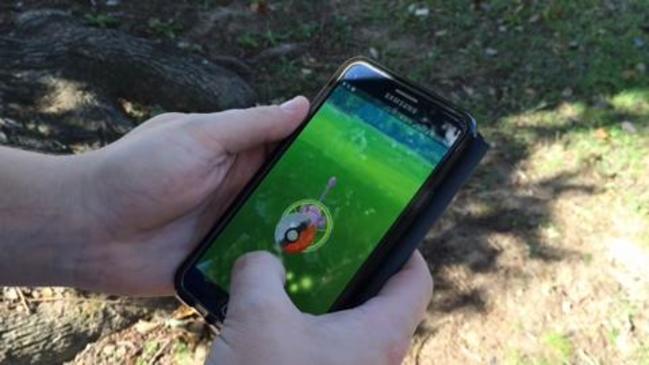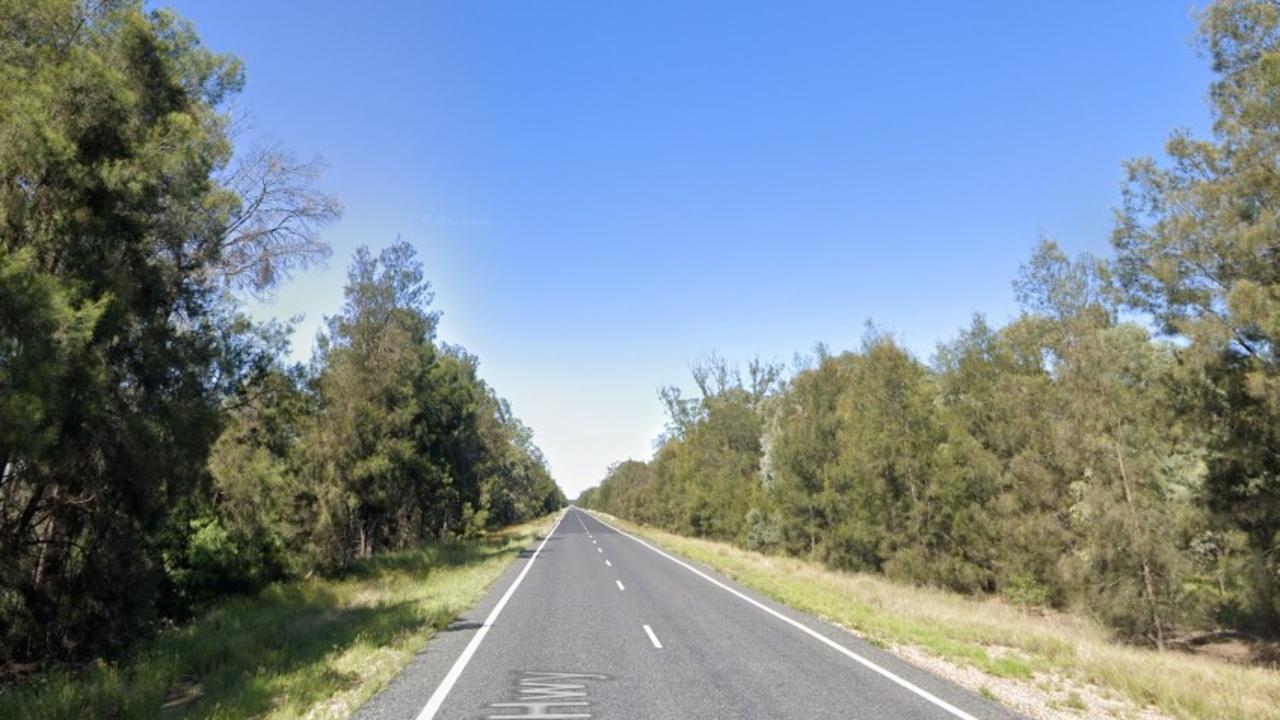Four sinister Pokémon Go conspiracy theories
SINCE Pokemon Go was launched it has taken the world by storm, but not everybody is convinced the game is as innocent as it would have you believe.

Chinchilla
Don't miss out on the headlines from Chinchilla. Followed categories will be added to My News.
AS THE millions of players around the world show, Pokémon Go has become the latest craze to sweep the planet. In just under two weeks, the game has been downloaded more than 20 million times, and is fast approaching the number of active users of social media giant Twitter. However, as kids and adults alike rush to catch the cute little monsters, questioned are being raised about the massively popular augmented-reality, geo-caching location based game. Here are four of the most popular conspiracy theories surrounding Pokémon Go.
Is Pokémon Go a tool of the CIA?
This one sounds like it has come straight from the mouth of a tin foil-hat wearing conspiracy believer, but lets connect the dots.
The developer behind Pokémon Go is a company called Niantic, who also released another augmented reality game called Ingress in 2012, while it was still a part of Google.
Founder of Niantic is John Hanke, who prior to getting into the tech business worked for the United States Government in Washington, DC and Myanmar in foreign affairs.
Mr Hanke was also the CEO of a company called Keyhole, who developed the basis of what would become Google Earth when they were acquired by Google in 2004. Keyhole received venture capital funding for the earth mapping project from a company called In-Q-Tel, which is an American not-for-profit venture capital firm with the sole aim of keeping the CIA, and other intelligence agencies, on the cutting edge of information technology to support the US's efforts in intelligence and surveillance.
Just imagine, all that in-game data could be going to the CIA, so think about that the next time you're catching a Pokémon.
Pokémon Go is a marketing tool to sell personal information
If Pokémon Go isn't a CIA mind tool, then it could be a dream for companies, a haven of personal information just waiting to be sold. One glance at the terms and conditions of the game show that by signing up, users literally sign away all of their private information stored with their Google account to Niantic. The vast amount of data the game harvests, from your movements and location to phone images, is immense, and treated as an asset by Niantic. Throw in the clause that waives any users right to sue, and legal arguments to be settled by arbitration, it all sounds a little fishy.
Pokémon Go is a cash grab from phone companies
As anyone who has played Pokémon Go will tell you, to play the game and catch Pokémon like the game intended, you have to go outside and walk around, and that drains mobile data very quicker. For a country like Australia, where mobile data is considerably more expensive compared to other countries, it seems strange that Australia would be one of the first nations to receive the game. How many people have been slugged with excess data fees because of Pokémon Go? Just saying...
Pokémon Go was designed to distract people from the news
Did anyone else notice how since Pokémon Go has come out, that's all anyone seems to be talking about? From the violence in the United States, the terror in Nice and the failed military coup in Turkey, there has been an endless amount of world news, not to mention local news, but still it's Pokémon Go. Is that because it's the new opiate of the masses, meant to keep the youth buried in their phones? Not that Facebook and Instagram weren't doing a good job of that already or anything.

Originally published as Four sinister Pokémon Go conspiracy theories






